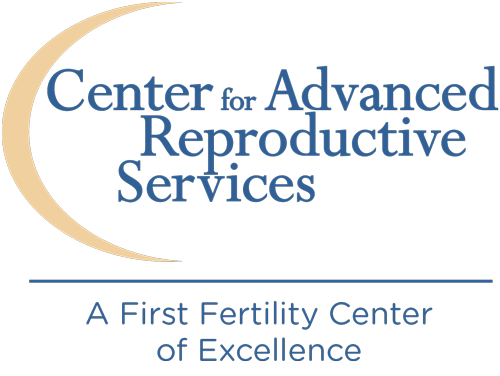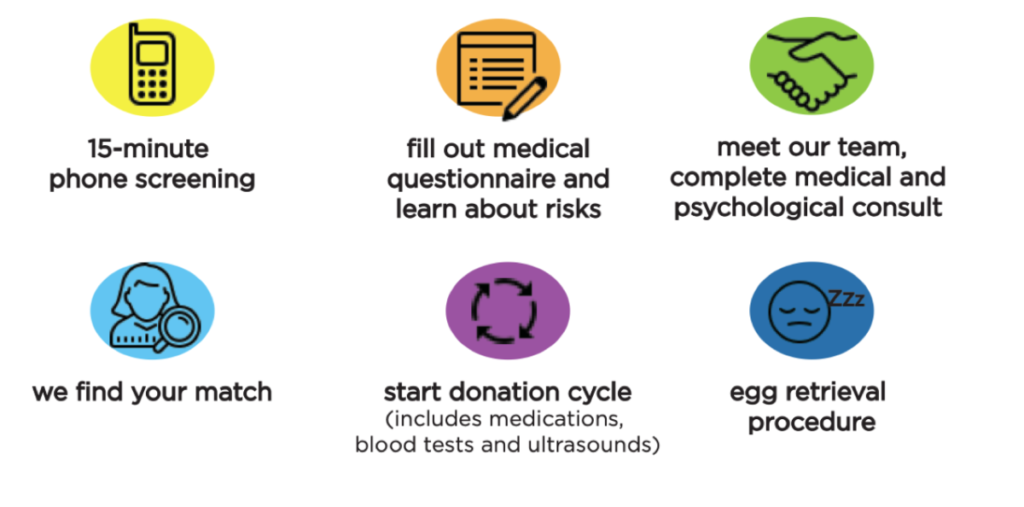Boost Your Fertility with this Essential Mineral
Do you crave chocolate in the second half of your cycle? Does stress have a toothbrush at your house? Are caffeine and sugar a fixed staple on your weekly meal plan and shopping list? If you answered yes to any of these, you likely are in need of magnesium.
Magnesium is an essential mineral for your health and fertility.
It’s responsible for 700-800 enzyme systems in your body. It supports chemical reactions in the body, helps you detoxify the fertility muggers through your liver, and is responsible for converting the food you eat into cellular energy.
Magnesium is life-enhancing, but if you don’t have it becomes life-threatening.
Most Americans – around 80% – are deficient in magnesium. Because the western diet is so focused on grains and processed foods, the majority of the magnesium that is in the grains is lost when foods are processed. Eating refined sugar also depletes magnesium. In the Women’s Health Study at Harvard, where 17,000 women were studied, women with a high carbohydrate diet were seen to be more infertile than those that ate fewer sugars. These high sugar diets are responsible for increased insulin resistance, which is often seen in women with PCOS. This can lead to an ovulatory dysfunction. Magnesium-rich diets help preserve insulin sensitivity and ovulatory function.
Because magnesium is responsible for so many functions, there are numerous benefits to making sure you have enough magnesium in your diet.
Magnesium supports stress and sleep.
When you are trying to conceive and not having success, I know how stressful it can be and your sleep may be affected too. Magnesium can be depleted in times of stress, so having enough magnesium will help you relieve stress because it’s a powerful relaxation mineral. It works by keeping your cortisol levels under control, so your insulin levels do not spike, which drops your blood sugar. Keeping your blood sugar stable is a key component of what I teach with my fertility clients. Steady blood sugar ensures steady energy going to your cells. When you take magnesium before bed, magnesium can also help you get a restful night’s sleep, which is THE most critical lifestyle component to optimal fertility.
Magnesium helps balance fertility hormones progesterone and estrogen.
Magnesium controls follicle-stimulating hormone, or FSH, because estrogen-dependent on magnesium status, and FSH is the hormone that stimulates the ovaries. Low magnesium can also signal to low progesterone levels, which can lead to a short luteal phase and increased miscarriage risk. Finally, for those of you that struggle with PMS, magnesium should become your friend. Magnesium levels fall before your period, so ensuring enough magnesium helps you produce serotonin and feel good.
Magnesium also helps decrease inflammation.
If you are trying to conceive with IVF, this means that having a diet rich in magnesium can improve your chances of a successful embryo transfer. This is because you are lowering your overall inflammation and increasing the chances of implantation.
Magnesium is anti-aging.
Fertility is often about turning back the clock, and magnesium can help with this. When your body is deficient, it ages at an accelerated rate. Many of you may be taking CoQ10 to support your cellular health, including egg cells and sperm cells. And while CoQ10 supports egg quality, it is responsible for only one (of eight) of the steps related to converting food into energy. On the other hand, magnesium is necessary for six of the eight steps where carbohydrates, fats, and proteins are converted to energy. In other words, for improved sperm and egg quality, continue taking the CoQ10, but also supplement with magnesium.
Magnesium supports your male partner’s fertility.
In many instances, what’s good for the goose is good for the gander, and magnesium is responsible for enzymatic functions in your partner’s body as well. Male factor infertility has also been associated with men have lower magnesium levels, so be sure to share your magnesium foods and supplements with your partner.
What are the best magnesium-rich foods?
Typically foods rich in dietary fiber like green leafy vegetables, legumes, nuts, seeds, and whole grains, are good sources. Additionally, seaweed and low sugar, dark chocolate are as well, but I would hold off on too much chocolate. While craving chocolate in the second half of your cycle is common, the better solution would be to supplement with magnesium.
There are a couple of ways to supplement with magnesium.
One way is to take a powdered form or ionic form of magnesium. Natural Calm and ReMag are two brands that I recommend. Natural Calm may have a laxative effect on some people, so sip it throughout the day instead of taking it all at once and start on a lower dose (based on the label recommendations). Another effective and calming way to absorb this mineral is to take an Epsom salt bath (or foot soak), which is a great way to receive magnesium transdermally or through your skin. Simply, add a cup of Epsom salt to your warm bath, and step into the tub for a dose of relaxation and self-care.
I believe your fertility is a function of your whole health, and sufficient magnesium is a necessary mineral for you as well as your future child.

Ami Chokshi is the Center’s Integrative and Functional Nutrition Health Coach. As a former IVF patient and RESOLVE Group Support Leader, Ami guides fertility patients towards optimal wellness and helps them navigate their fertility journey. Through lifestyle and behavioral adjustments, she provides patients with education and support to achieve their health-related goals. She also partners with your provider to help implement their recommendations for your health and treatment plan.
To contact Ami for a complimentary consultation or register to receive her fertility lifestyle tips, please click here to go to her webpage.





